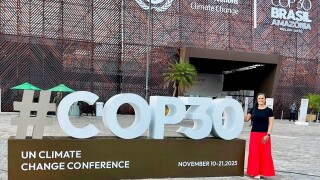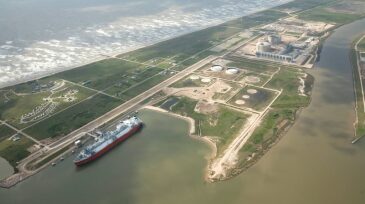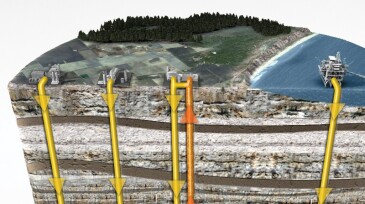Carbon capture and storage
Following the start of injection in August, Northern Lights has issued the first set of certificates documenting that the carbon dioxide captured from the Heidelberg Materials cement factory has been transported and stored permanently in the Aurora reservoir.
As COP30 wrapped up in Brazil, the country finds itself at an inflection point, positioned to deliver South America’s first carbon-dioxide injection by mid-2026.
The 14 available locations are estimated to be able to provide up to 2 gigatonnes of additional carbon-dioxide storage capacity.
-
SPE Canada held its first carbon capture, utilization, and sequestration (CCUS) workshop in May 2021. The workshop in Calgary enabled SPE members, CCUS-focused entrepreneurs, finance providers, and policy makers to share knowledge related to emissions issues, policy, economics, technology development, and geologic considerations.
-
Selling reservoirs’ empty pore space may become a new, big business.
-
While the world focuses on carbon dioxide—its problems and its uses—many are looking at how to move it around. Fortunately, a pipeline infrastructure already exists. Unfortunately, the pipelines were made for natural gas and not enough is known about how that infrastructure can handle carbon dioxide.
-
Moji Karimi, CEO of Houston-based startup Cemvita Factory, talks about the status of oil and gas investments in the emergent technology arena of carbon capture, utilization, and sequestration.
-
Companies join forces in carbon capture project near LNG facility.
-
The international consultancy has agreed with Russia’s Rosneft to evaluate the state-owned major’s carbon capture potential.
-
Talks between the operators of a trio of competing projects remain active as Canada looks to cut emissions by 40% over the next decade.
-
The company said it expects to increase its annual carbon captured by approximately 1 million metric tons at its LaBarge facility with a $400 million investment.
-
A report from the Global CCS Institute says North America’s continued front-runner status in carbon capture and storage (CCS) deployment is largely attributable to tax credits, stronger climate commitments, and an anticipated rise in demand for low-carbon energy products.
-
The partnership aims to accelerate offshore CCS adoption with reliable, specialized CCS systems.













